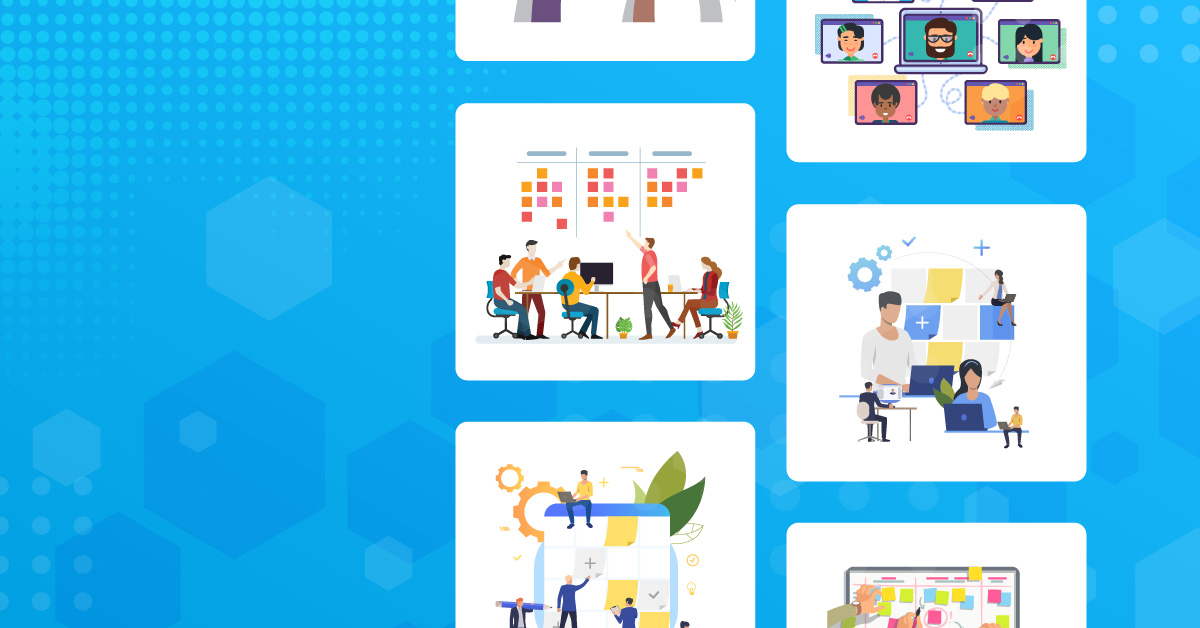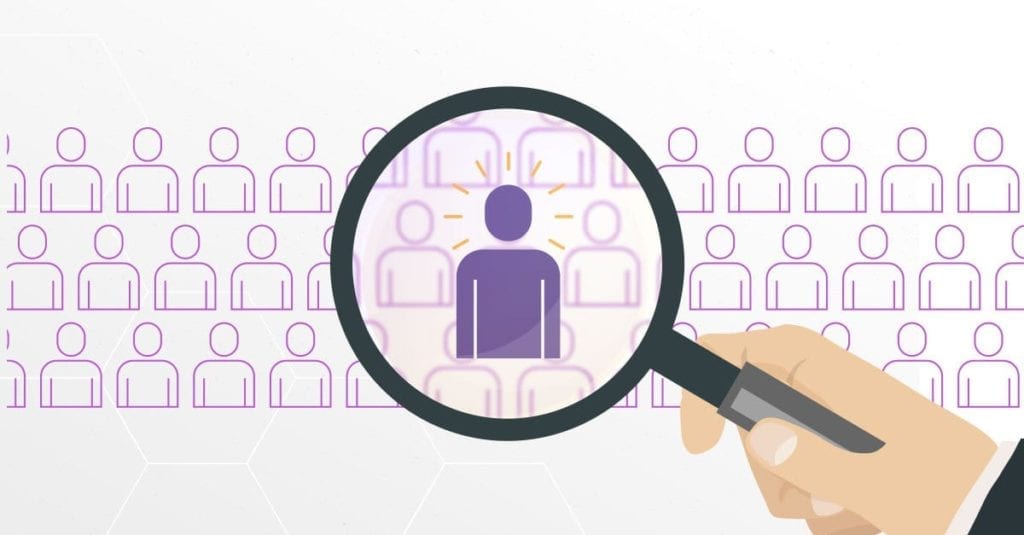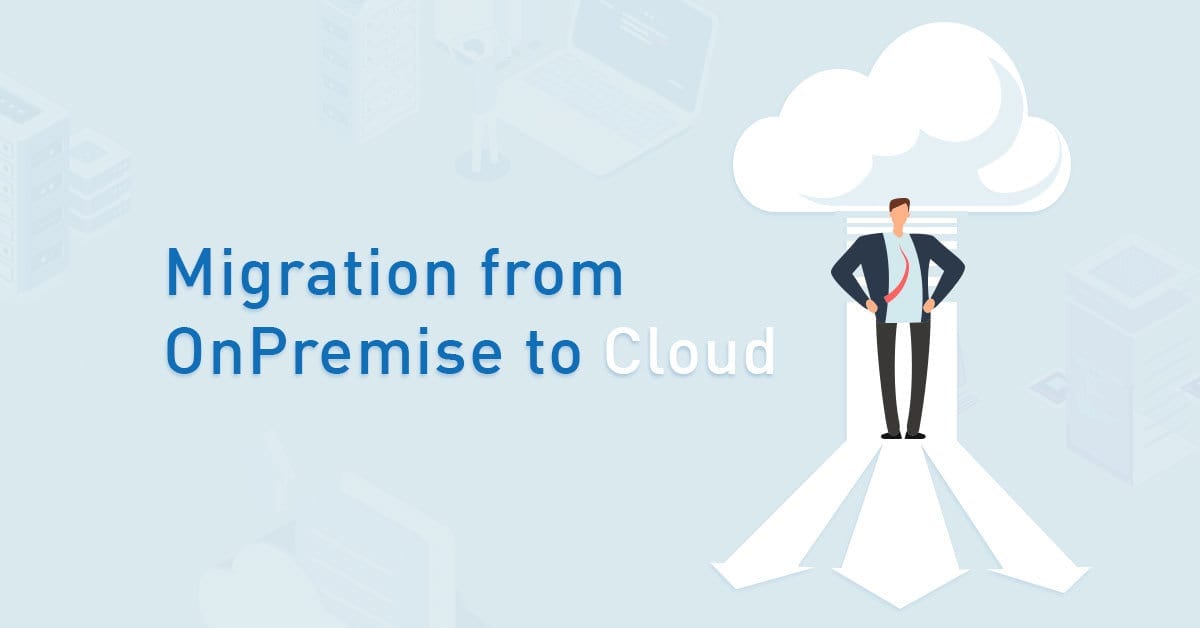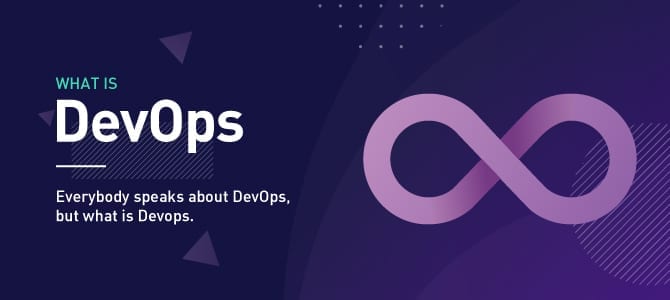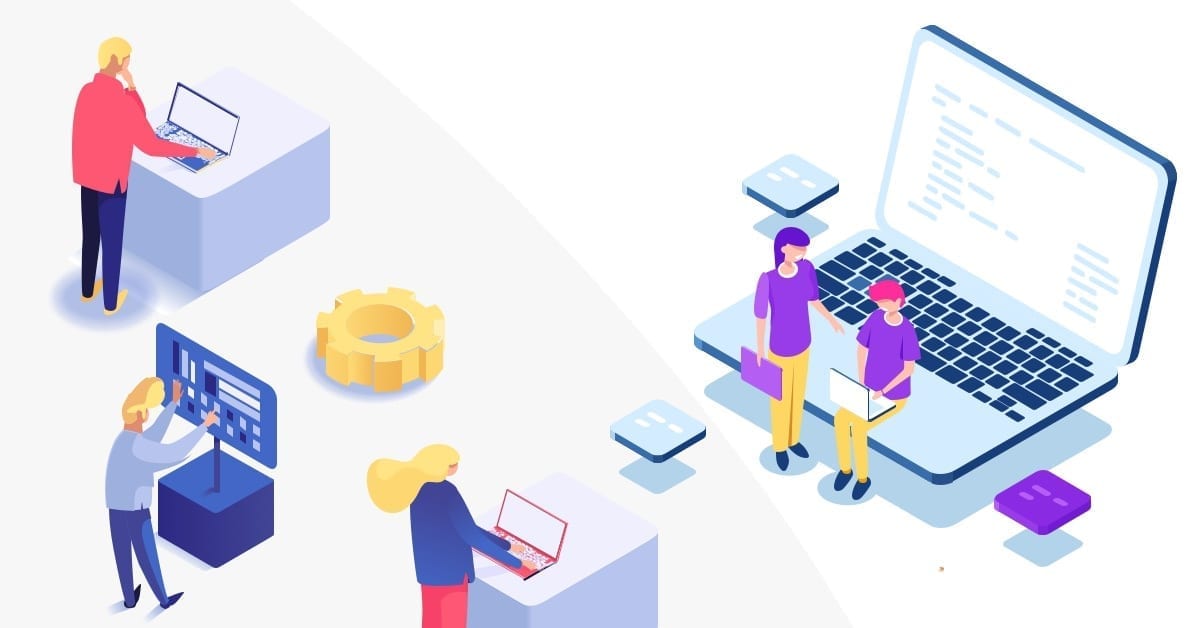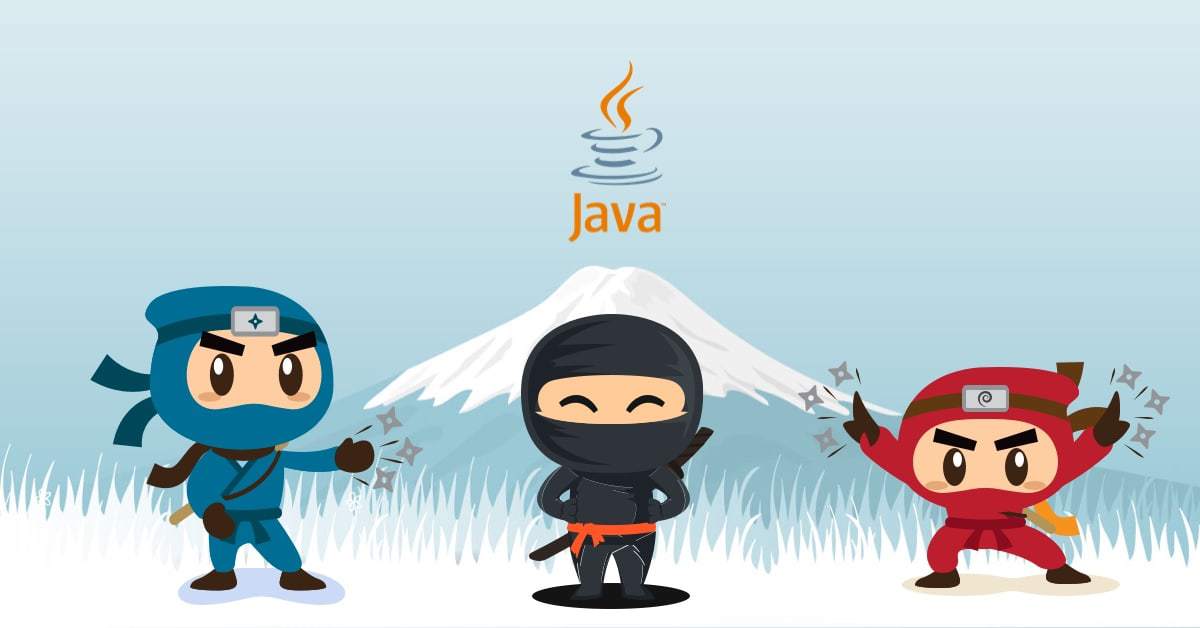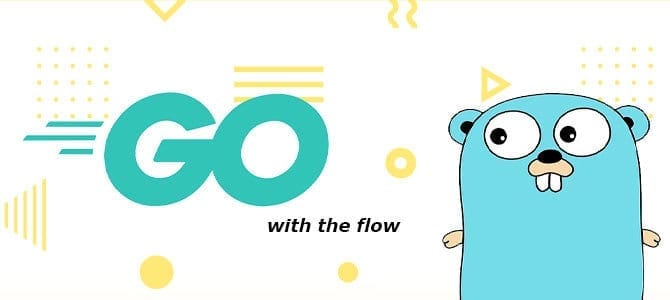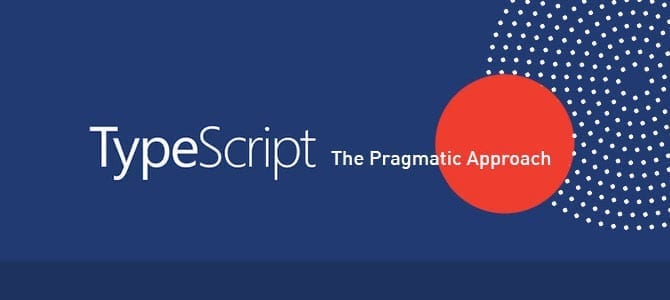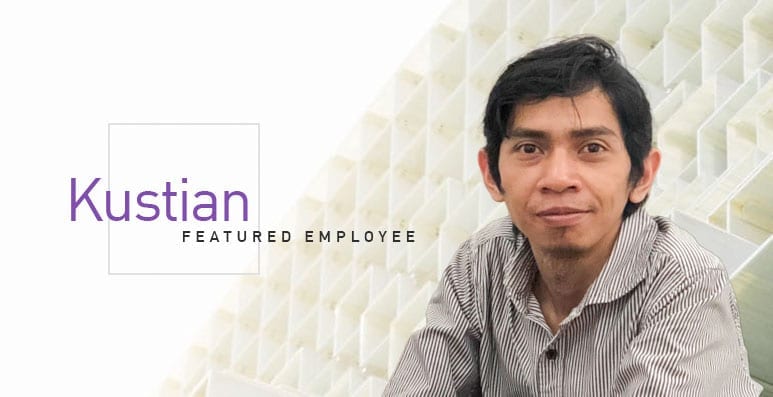Bruce Woodley of The Seekers and Dobe Newtown of The Bushwackers really had it right when they wrote:
“We are one, but we are many
And from all the lands on earth we come
We’ll share a dream and sing with one voice
I am, you are, we are Australian”
While these lyrics were penned in 1987, the sentiment remains true today and the song continues to be incredibly popular amongst Australians, often being touted as an alternative to the Australian National Anthem. The principles can be applied globally and in all parts of daily life, including the workings of an organisation or team.
Any organization consists of people from different cultures, with many personality types, various expertise and a wide range of skillsets. Everyone in the team has unique strengths and weaknesses, but when those people are working towards a common goal, every single individual has to contribute, focussing on their role and sharing the knowledge, skills and capabilities necessary to work together effectively and efficiently to achieve overarching goals.
When we change the frame from “Team” to “Project” we start to see similarities in the approach in developing a culture of collaboration and exellence. Regardless of the type of project, whether it is software development, building construction and or something else entirely, the combined talents and ability to function within defined roles by the project members are important assets that can lead to the success (or failure) of the project. With their different skills and roles, each project member must collaborate, cooperate and communicate well across the team or project to ensure that any skill gaps can be filled, the missing puzzle piece can be found, issues can be closed and any problems can be solved.
As an organization consisting of hundreds of people coming together from different nationalities, backgrounds, and experiences, Mitrais understands that employees are our most important asset and such need to be nurtured. We have a number of training programs for our employees, not only across technical skills but also in soft skills such as communication and presentation. Mitrais is aware that with good communication skills, employees are able to interact with our clients better, better understand the requirements of their project and contribute more effectively to successful outcomes. Our culture works to shape our employees and encourage them to understand that even though they are coming from different places, they will be treated equally and professionally as part of our team. Support, training and improvement in their role forms part of that. We are one, but we are many. And from all the lands on earth we come. The perfect lyrics to represent our team here at Mitrais.
Project stakeholders and project members have a responsibility to ensure that the project is completed to a high quality, within the planned scope, milestones, and budget. Having said that, project goals should be explicitly defined, well communicated, and shared to all project stakeholders, as being aware of the project goals will allow for better performance by each project member. It would be disastrous if each project member had their own direction and goals for where they believed the entire project should be headed. Therefore, each project member should have a common understanding of the goals and outcomes expected of the project, to ensure that we are all heading in the same direction.
In all projects, the Mitrais team have to communicate and interact directly and regularly with the clients. With our adoption of a Scrum Agile Methodology, our teams have the opportunity to interact with the client (or Project Owner) directly through scrum ceremonies, at least in the Sprint Planning and Sprint Review phases and possibly on a number of other occasions. The frequent interaction with the client is important to shape a common understanding of the project and it’s objectives between the development team and the client, and ensure that everyone is headed in the same direction. We’ll share a dream and sing with one voice.
It is crucial for the project team to have complementary skills when working towards project outcomes and goals. A commitment from each project member to the project goals is also important to ensure that the project can be completed as planned. Last but not least, each project member should have a sense of belonging as part of the project team, the project, so each individual should establish a level of responsibility for the successful or failure of the project. This way, every project member will give their absolute best to ensure that the project can be successfully delivered as planned.
As a software development company, Mitrais have partnered with many clients, some of whom have engaged with our team for many years across multiple projects. By developing strong client relationships, we are able to demonstrate our continued commitment to providing the best services to our clients and delivering on strong, successful partnerships. For Mitrais, the success of our clients is a direct relfection of our own success, and in continuing to partner with fantastic clients and deliver great projects, we are all made better for it.
I am, you are, we are … better together.
Author:
Edwind Arhandhika – Engagement Manager

